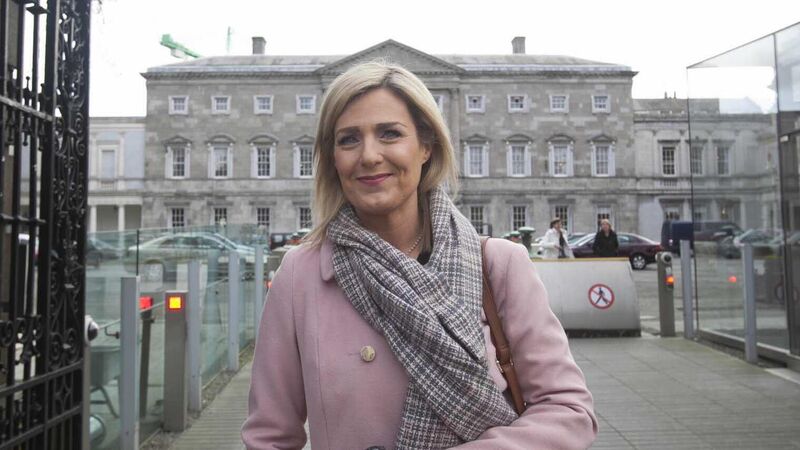Irish Examiner view: Curbing the toxic force of social media

Maria Bailey, whose political career crashed over her insurance claim against a hotel, said online abuse is “exceptionally stressful and isolating”. Picture: RollingNews.ie
Two former politicians have, in recent days, made very similar contributions to one of the intensifying discussions of the day, one with relevance far beyond politics or politicians.
That each contribution is so similar, and so very dissuading for anyone who might consider participating in democratic politics, highlights again the need for powerful legislative intervention to curb what has, in a few short years, become a toxic force in public life.













